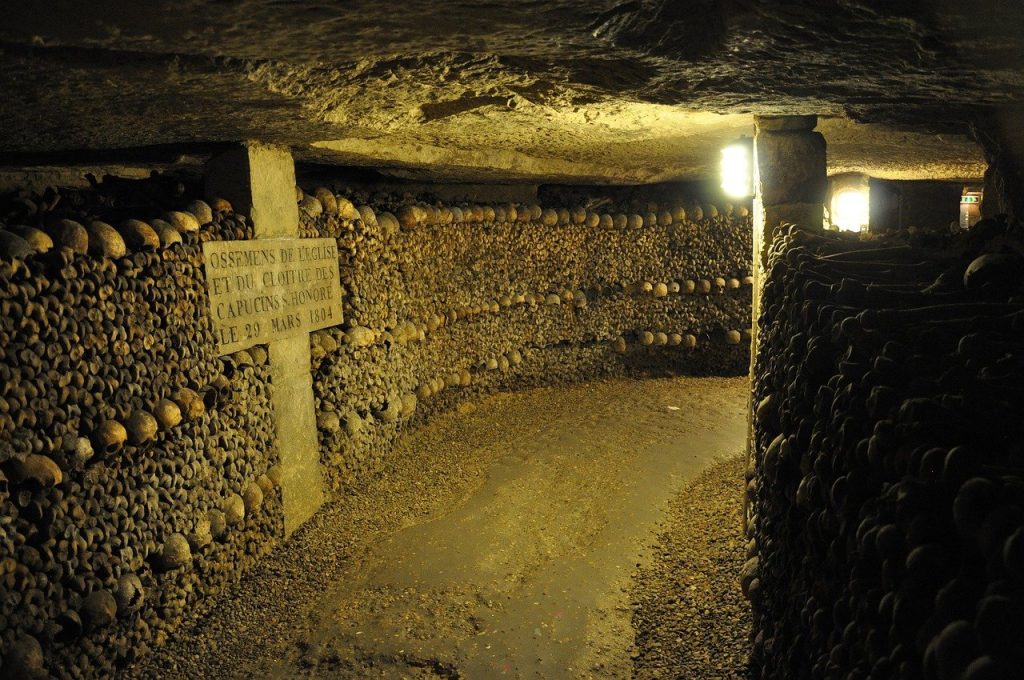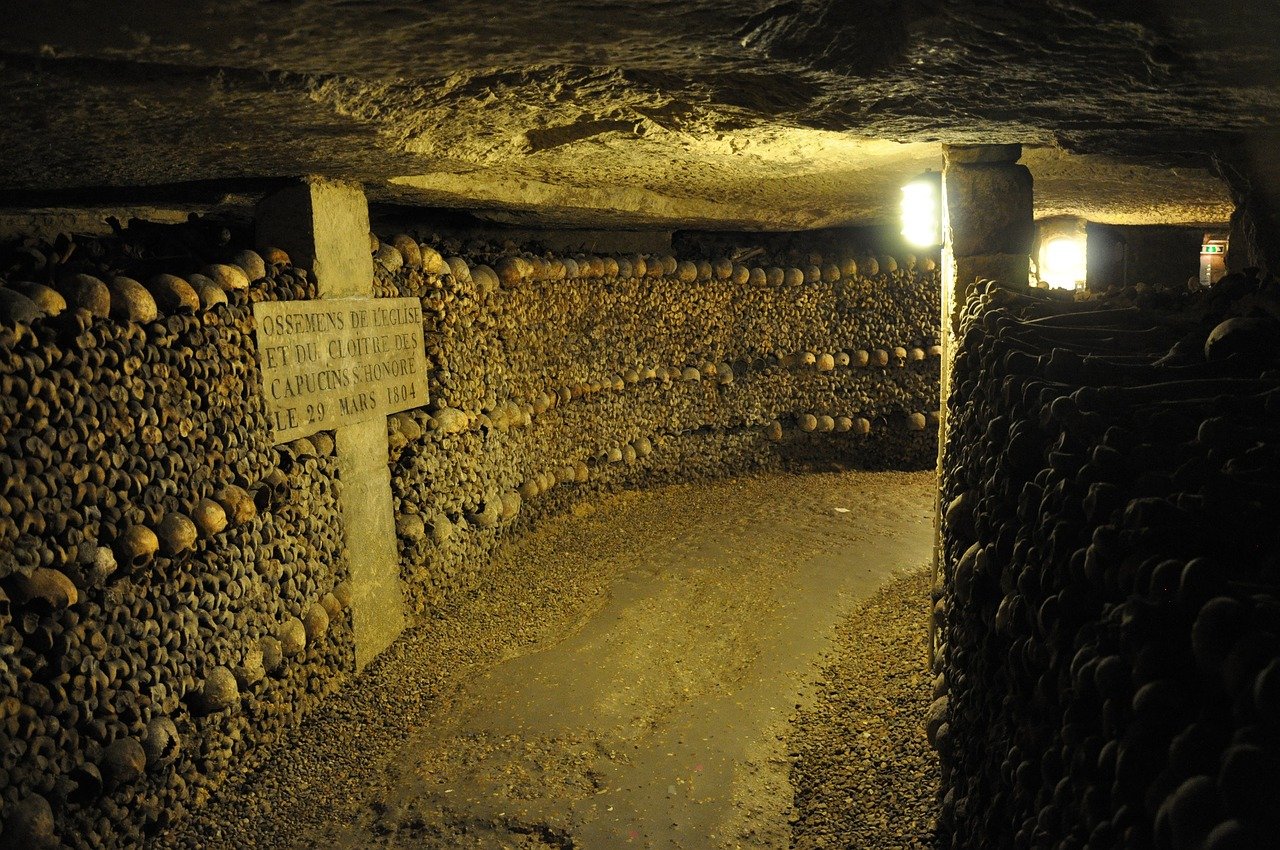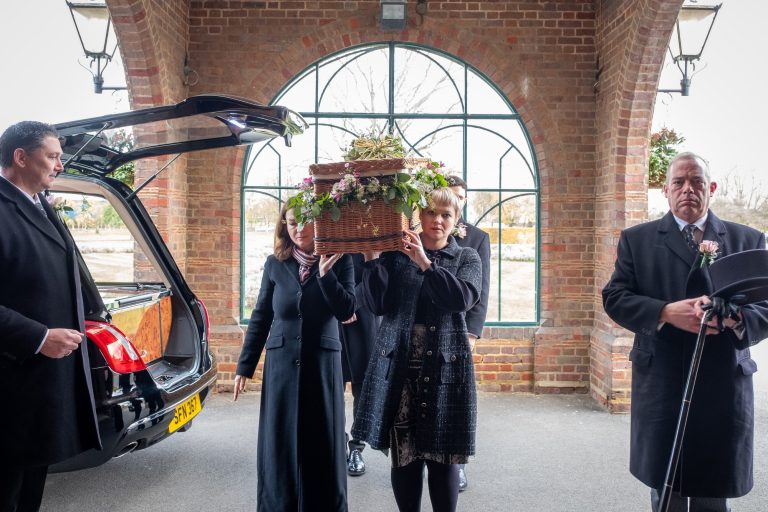The Catacombs

“Our friend Lazarus sleeps, but I go that I may wake him up.” [John 11:11]
The Catacombs of Rome are a network of underground chambers and galleries that were used as burial places by the early Christians of the ancient Mediterranean world. During times of persecution, the catacombs became places of refuge because burial places were sacrosanct by Roman law. When churches above ground were destroyed by imperial order, worshipers met in the catacomb chapels. By the 3rd century A.D. Christians had carved 600 miles of tombs in volcanic rock in the area around Rome.
As Christianity gained converts and burials multiplied, the catacombs were expanded into honeycombs of galleries. The soft rock around Rome is perfect for making tunnels. When one level was no longer sufficient, staircases were dug and a second, third, or even fourth level of galleries was excavated below. Archeologists estimate that approximately three million Christians were interred in the catacombs around Rome.
Romans preferred cremation, but the Christians followed the practice of interring the dead in catacombs. They called them koimeteria, or “sleeping places.” This shows death, for a Christian, was merely sleep before resurrection, a state of temporary unconsciousness. The Bible repeatedly speaks of the dead “sleeping,” such as the kings of Israel and Judah “sleeping with their forefathers” (see 1.Kings 2:10 and 2.Chronicles 21:1 for examples).
When God created Adam from the dust of the Earth, the Lord breathed life into the first man and he “became a living being” (Genesis 2:7). At death the opposite of this creation takes place. When the breath of man returns to God, the body returns to the Earth and becomes dust again. The person or soul has no conscious existence apart from the body. Nothing in the Bible teaches a “soul” survives as a conscious entity after a person dies. In fact, the Bible says, “The soul who sins shall die” (Ezekiel 18:20).
When Jesus spoke to His disciples about their friend Lazarus sleeping, the disciples responded, “Lord, if he sleeps he will get well” (John 11:12). Notice the next verse. “However, Jesus spoke of his death, but they thought that He was speaking about taking rest in sleep. Then Jesus said to them plainly, ‘Lazarus is dead’” (verses. 13,14). And so, when our loved ones die, they rest in their graves or tombs until the second coming of Christ. Wouldn’t it be interesting to be near the catacombs on that day?






